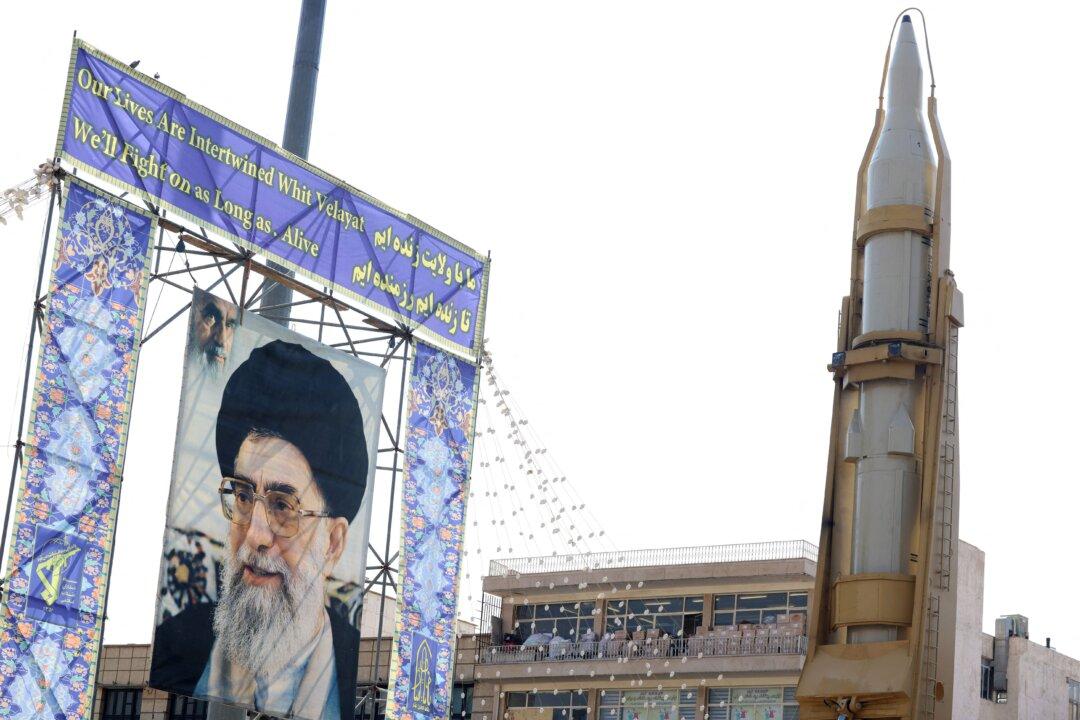Iran has pledged to deliver a “firm response” to the perpetrators of a double bombing that left at least 84 people dead—and scores more injured—in its southeastern city of Kerman on Jan. 3.
“Iran’s enemies have once again inflicted disaster, martyring numerous people in Kerman,” Ayatollah Ali Khamenei, Iran’s supreme leader, said in the immediate wake of the attack.





